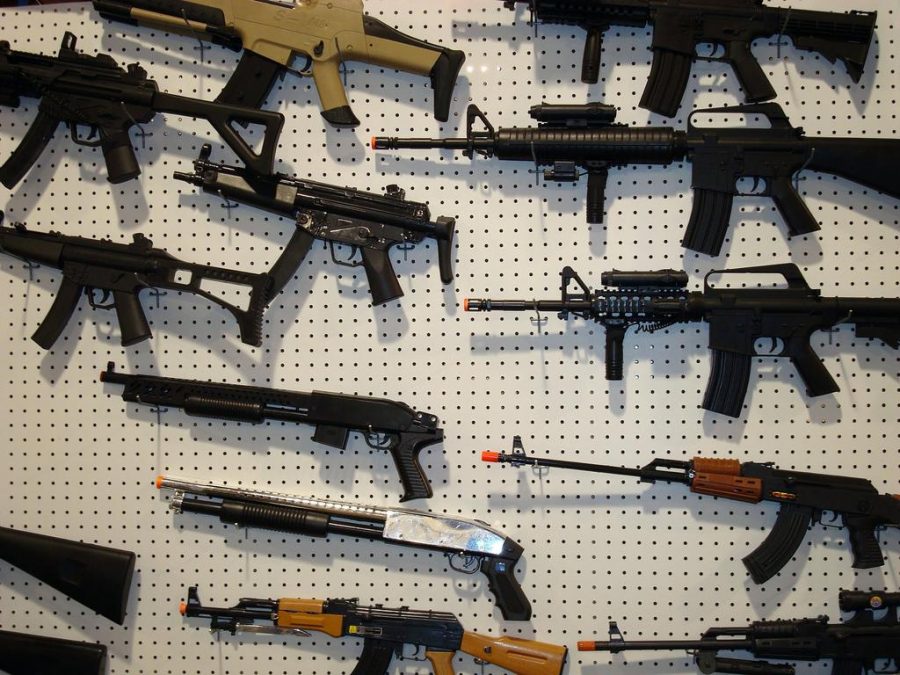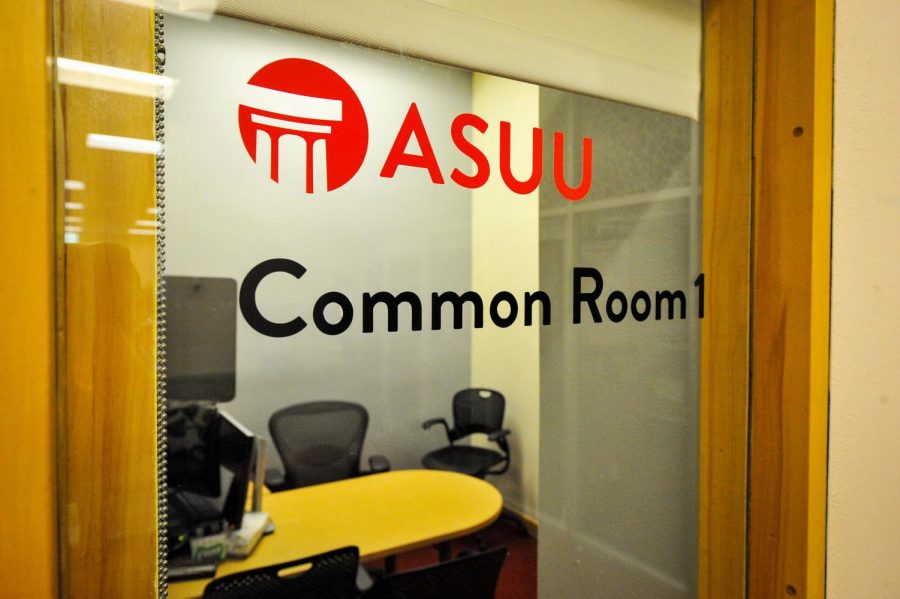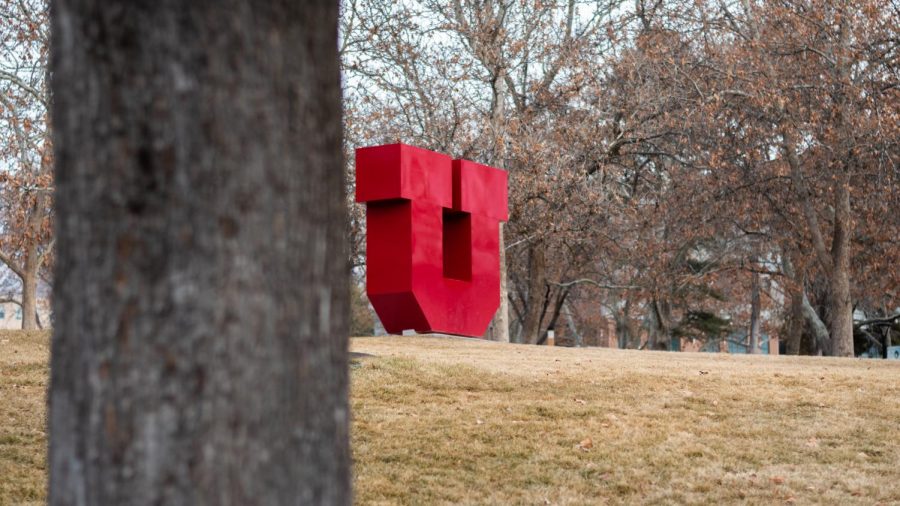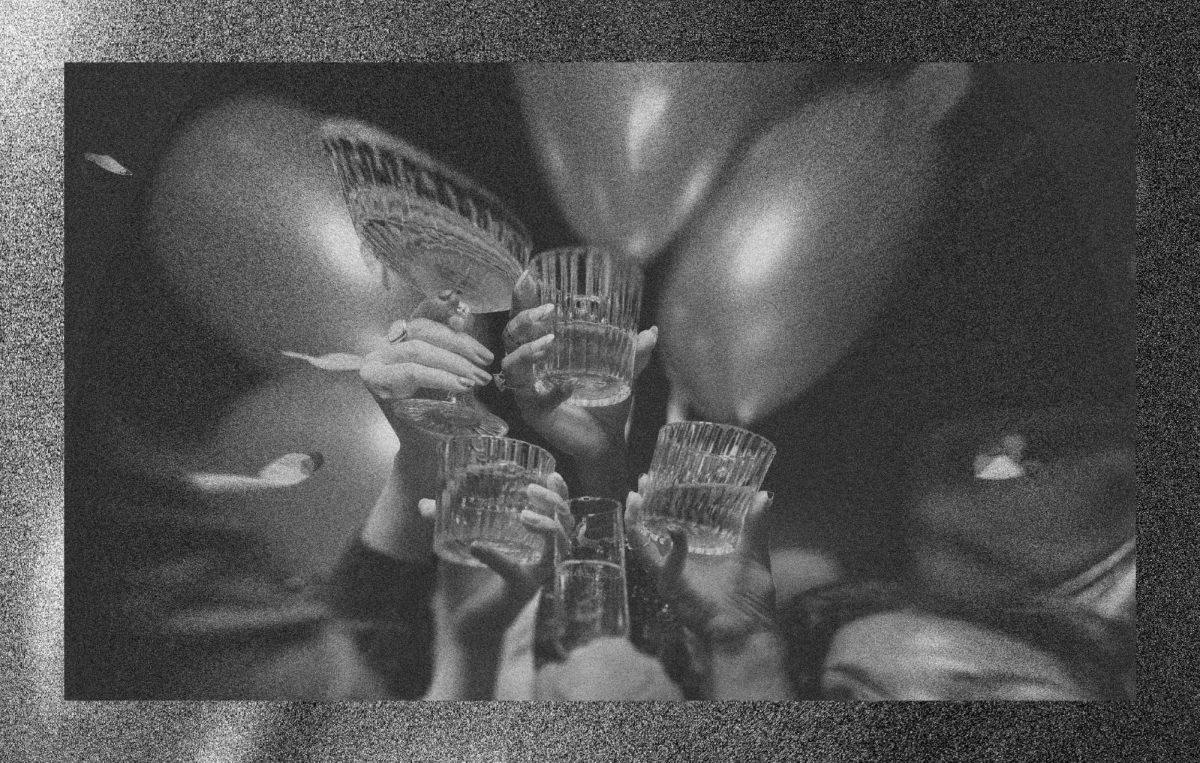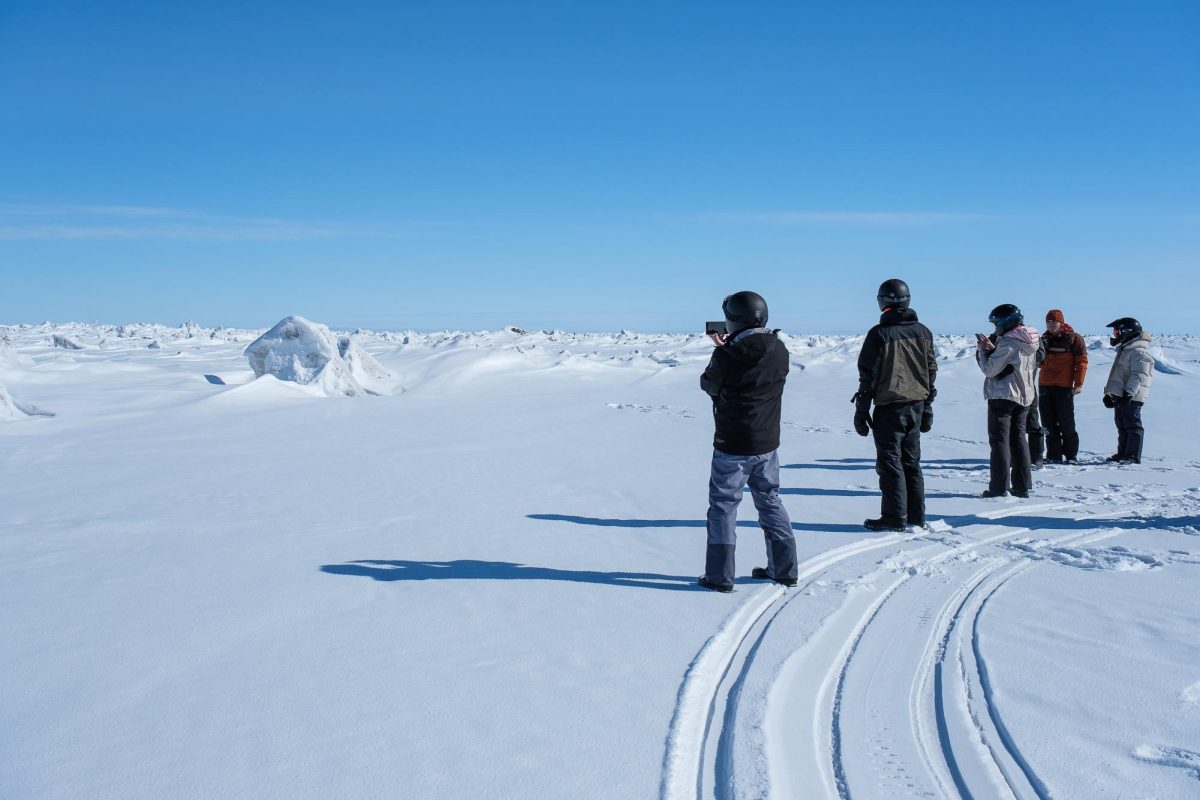Starr: Asylum for Your Assault Rifle?
February 26, 2020
Last month, commissioners voted unanimously to make Uintah County a “Second Amendment Sanctuary County.” The ordinance seats the county as the first and only municipality in Utah to designate itself as a safe haven for inanimate objects that have facilitated significant violence in this country. Uintah’s executive and governing body — tasked with carrying out major functions of county government — should rethink its newfound status as a “sanctuary” for guns and instead execute valid and essential duties to better the lives of the people they are meant to serve.
Over 400 municipalities across several states have professed loyalty to the divisive “right to bear arms” as an alternative to spending time and taxpayer dollars on more meaningful work. It is shameful that some local policymaking is taking such a futile form when our communities need substantial work. Local leaders strengthen the nuts and bolts that support a good quality of life and often help execute important programs and budgetary processes. Wasting the commission’s agenda space on unnecessary ordinances and resolutions is disappointing and should be unacceptable to Uintah county residents.
Support for Second Amendment sanctuaries is often based on the inaccurate assertion that gun regulations are unconstitutional because guidance from the government regarding the management of weapons somehow infringes on individual rights to possess arms. Many gun advocates conveniently forget the first half of the Second Amendment: “a well-regulated militia, being necessary to the security of a free State.” While we don’t need to pick up the debate on whether or not this amendment was intended to grant a collective versus individual right to cling to arms, we should look over the “well-regulated” component of the discussion, especially as recent polling in Utah found that “88% support background checks on all gun sales,” and other restrictions polled similarly.
Appropriate regulations around firearm use should be viewed similarly to the parameters we place on other freedoms. The freedom of speech, for instance, leaves a lot of space for free will, but at the same time, there are also substantial restrictions. Certain speech rights are regulated all the time — nevertheless, Second Amendment enthusiasts express nowhere near the same level of outrage and concern for these rights.
As the first local government in this state to outright reject future gun policies crafted by the state legislature and the federal government, there are still questions about how this concept will play out in Uintah County and across the nation. In Washington state, the attorney general sent out a letter directed at law enforcement to remind them that they could be held liable for not upholding a common-sense gun regulation approved by voters. It is distressing that some local governments and sheriffs believe they can cherry-pick which laws they want to enforce, and I hope that the other counties and municipalities in Utah don’t jump on this gun-sanctuary bandwagon.
Government Priorities
In terms of health outcomes, Uintah County is placed at the bottom of the list with other areas like Duchesne and San Juan County. Data compiled by the Robert Wood Johnson Foundation and the University of Wisconsin shows troubling trendlines of alcohol-impaired driving deaths and STIs in Uintah County. In response to the gun-rights ordinance, the Uintah County Sheriff stated his appreciation for “the fore-thinking of our commissioners.” It’s upsetting that passionate cries for prevention and “fore-thinking” are not being similarly evoked in discussions of food insecurity and the child poverty rate in the county.
Anxiety over losing weapons is not only frustrating because there are much bigger fish to fry in terms of local ordinances, but this fear is also highly irrational in a conservative state with Republican supermajorities. Gun rights aren’t going anywhere in Utah — people are still able to purchase and possess guns without any sort of permit and can carry with a concealed firearm permit in public schools. Utah has a large number of challenges facing communities each day, and instead of addressing actual crises — like ozone pollution in the Uintah Basin — commissioners believe that it is a good use of time to put a preemptive stop to an imaginary problem. Utah local governments should reconsider their priorities if sheltering firearms is at the top of the agenda.


